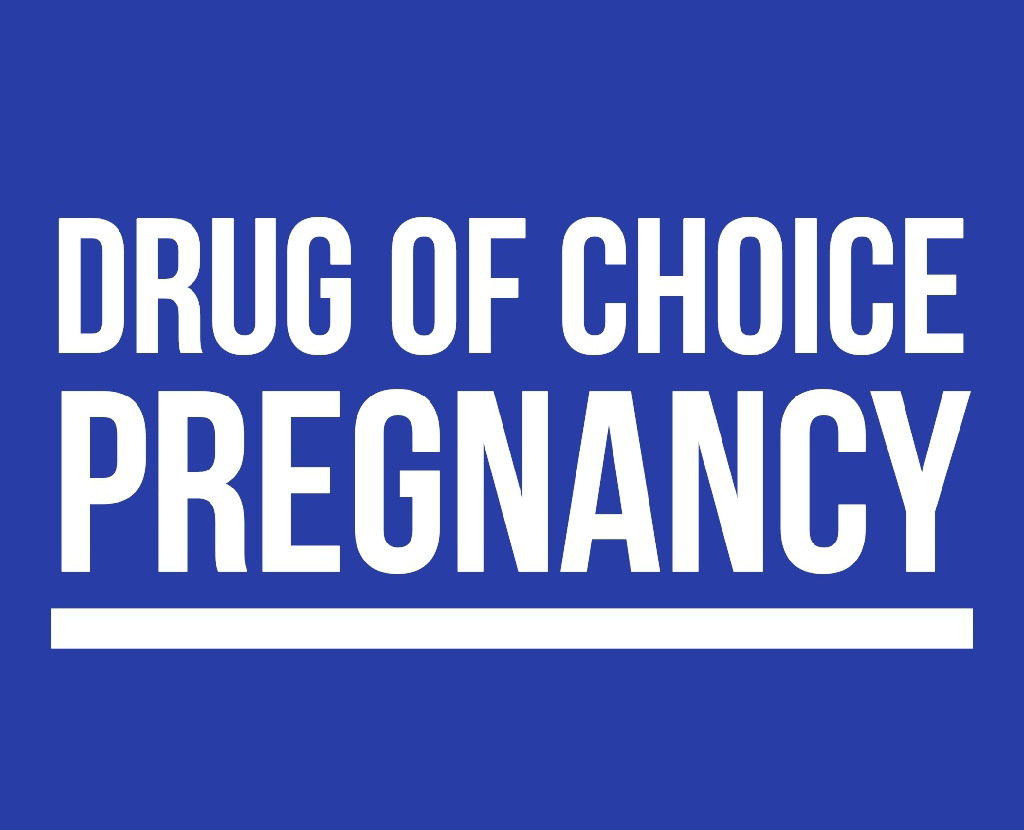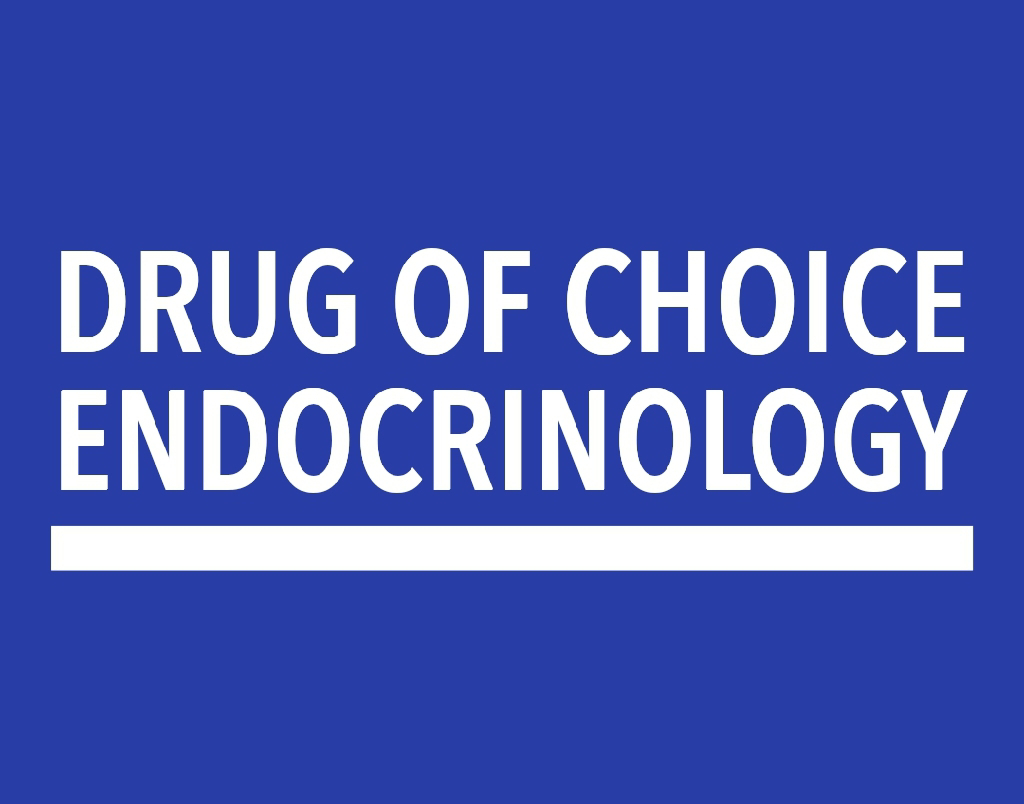Doctors and their roles
6. Dermatologists
Dermatologists are medical doctors who specialize in diagnosing and treating conditions related to the skin, hair, and nails. They have expertise in dealing with a wide range of skin issues, from common skin problems to complex skin diseases.
Here are some key aspects of dermatology and the role of dermatologists:
▪️Education and Training: Dermatologists undergo extensive education and training to become qualified practitioners. They complete four years of medical school to earn a medical degree (M.D. or D.O.), followed by a residency program focused on dermatology. Residency training typically lasts three to four years and involves hands-on experience in diagnosing and managing various skin conditions under the supervision of experienced dermatologists.
▪️Skin Conditions: Dermatologists are trained to diagnose and treat numerous skin conditions, including acne, eczema, psoriasis, dermatitis, fungal infections, skin cancer, rosacea, hair loss, and many others. They also address cosmetic concerns such as aging, wrinkles, and hyperpigmentation.
▪️Medical Procedures: Dermatologists perform various medical procedures to treat or manage skin conditions. These procedures may include skin biopsies, mole removal, cryotherapy (freezing of abnormal skin cells), laser treatments, chemical peels, phototherapy (light therapy), and surgical interventions. Dermatologists also conduct skin cancer screenings and provide recommendations for sun protection.
▪️Cosmetic Dermatology: Many dermatologists offer cosmetic dermatology services alongside medical treatments. These services may include injectables (such as Botox and dermal fillers), laser treatments for skin rejuvenation, chemical peels, microdermabrasion, and other aesthetic procedures aimed at enhancing the appearance of the skin.
▪️Skin Cancer Detection: Dermatologists play a crucial role in detecting and treating skin cancer. They are trained to recognize the signs of skin cancer during routine examinations and can perform biopsies to confirm the diagnosis. Early detection and treatment of skin cancer greatly improve the chances of successful outcomes.
▪️Collaboration: Dermatologists often work in collaboration with other medical specialists, such as oncologists, rheumatologists, allergists, and plastic surgeons, depending on the specific needs of their patients. They may refer patients to other specialists or work together to provide comprehensive care.
▪️Preventive Care and Patient Education: Dermatologists also focus on preventive care and patient education. They provide guidance on maintaining healthy skin, hair, and nails, and offer advice on sun protection, proper skincare routines, and the use of appropriate products. Dermatologists may also educate patients about the early signs of skin conditions and encourage regular self-examinations.
It's important to note that while dermatologists are highly skilled in diagnosing and treating skin conditions, they may have different areas of expertise within the field. Some dermatologists specialize in pediatric dermatology, cosmetic dermatology, dermatopathology (diagnosing skin conditions through laboratory analysis), or other specific subfields.
If you have any concerns about your skin, hair, or nails, it's recommended to consult a dermatologist for proper evaluation, diagnosis, and treatment.
🍁Types
In dermatology, there are several types or subfields that dermatologists may specialize in. These subfields focus on specific areas or aspects of dermatology and allow dermatologists to develop expertise in particular conditions or patient populations. Here are some common types of dermatology:
▪️Pediatric Dermatology: Pediatric dermatologists specialize in diagnosing and treating skin conditions in infants, children, and adolescents. They are knowledgeable about skin diseases that specifically affect this age group, such as eczema, birthmarks, genetic skin disorders, and skin infections.
▪️Cosmetic Dermatology: Cosmetic dermatologists primarily focus on improving the appearance of the skin, hair, and nails. They provide various treatments to enhance the aesthetics of the skin, including Botox injections, dermal fillers, laser resurfacing, chemical peels, and microdermabrasion. Cosmetic dermatologists may also offer advice on skincare routines and recommend appropriate products.
▪️Dermatopathology: Dermatopathologists are dermatologists with specialized training in diagnosing skin diseases through laboratory analysis. They examine skin tissue samples obtained through biopsies or other procedures and interpret the findings under a microscope. Dermatopathologists often work closely with dermatologists to provide accurate diagnoses and guide treatment decisions.
▪️Mohs Surgery: Mohs surgeons are dermatologists who specialize in a precise surgical technique called Mohs surgery. This procedure is used to remove skin cancer, particularly basal cell carcinoma and squamous cell carcinoma, with minimal damage to healthy tissue. Mohs surgeons are skilled in both surgical excision and microscopic examination of the removed tissue to ensure complete removal of cancer cells.
▪️Dermatologic Oncology: Dermatologic oncologists specialize in the diagnosis and treatment of skin cancer, including melanoma and other types of skin malignancies. They work closely with other specialists, such as surgical oncologists and radiation oncologists, to provide comprehensive care for patients with skin cancer.
▪️Immunodermatology: Immunodermatologists focus on the diagnosis and treatment of immune-mediated skin diseases. These conditions arise due to abnormalities in the immune system, resulting in inflammation and damage to the skin. Examples of immune-mediated skin diseases include psoriasis, lupus erythematosus, and dermatomyositis.
▪️Dermatologic Surgery: Dermatologic surgeons perform surgical procedures to treat various skin conditions, including skin cancer removal, scar revision, skin grafts, and cosmetic procedures. They have expertise in different surgical techniques and may work closely with other specialists, such as plastic surgeons, to achieve optimal results.
▪️Dermatologic Allergy: Dermatologists specializing in dermatologic allergy focus on diagnosing and managing allergic skin conditions, such as contact dermatitis, atopic dermatitis (eczema), and urticaria (hives). They identify allergens that trigger skin reactions and develop personalized treatment plans to alleviate symptoms and prevent future flare-ups.
It's important to note that while these are common types of dermatology, there may be other specialized areas within the field as well. Dermatologists may also pursue additional certifications or fellowships to further specialize in specific aspects of dermatology.
🍁Roles
Dermatologists have several important roles in healthcare. Here are some of the key roles they fulfill:
▪️Diagnosis and Treatment: One of the primary roles of dermatologists is to diagnose and treat various skin conditions, hair disorders, and nail problems. They utilize their medical knowledge, clinical skills, and diagnostic tools to assess patients, identify the underlying causes of their dermatological issues, and develop appropriate treatment plans. This may involve prescribing medications, performing procedures, or providing surgical interventions.
▪️Skin Cancer Detection and Management: Dermatologists play a critical role in the early detection and treatment of skin cancer. They are trained to recognize the signs and symptoms of skin cancer during routine examinations. Dermatologists may perform skin biopsies to confirm a diagnosis, and if skin cancer is detected, they can provide guidance on the most suitable treatment options, which may include surgical excision, radiation therapy, or topical treatments.
▪️Preventive Care and Education: Dermatologists emphasize preventive care and patient education. They educate individuals about proper skincare routines, sun protection measures, and the early signs of skin conditions. By raising awareness and providing guidance on preventive measures, dermatologists help patients maintain healthy skin and reduce the risk of developing skin diseases or complications.
▪️Dermatologic Surgery: Dermatologists perform a variety of surgical procedures to treat dermatological conditions. They may remove skin cancers, perform Mohs surgery for precise tumor removal, excise benign growths or lesions, and address other surgical needs. Dermatologic surgeons are skilled in minimizing scarring and achieving optimal cosmetic outcomes.
▪️Cosmetic Procedures: Many dermatologists offer cosmetic procedures to enhance the appearance of the skin, hair, and nails. They may provide injectable treatments like Botox and dermal fillers to reduce wrinkles and restore volume, laser therapies for skin rejuvenation, chemical peels to improve skin texture and tone, and other aesthetic treatments tailored to the individual's goals.
▪️Research and Clinical Trials: Dermatologists actively engage in research and clinical trials to advance the understanding of dermatological conditions and develop new treatment options. Their involvement in research helps drive innovation in the field and contributes to improving patient care and outcomes.
▪️Collaboration with Other Specialists: Dermatologists often collaborate with other healthcare professionals to provide comprehensive care to their patients. They may work closely with oncologists, rheumatologists, allergists, plastic surgeons, and other specialists to address complex cases or manage skin conditions that are part of broader systemic diseases.
▪️Advocacy and Public Health: Some dermatologists also engage in advocacy efforts and public health initiatives to promote skin health and raise awareness about the importance of sun protection, early detection of skin cancer, and the management of common skin conditions. They may participate in community outreach programs, educational campaigns, and professional organizations to support public health initiatives related to dermatology.
Overall, dermatologists play a crucial role in diagnosing, treating, and managing various skin, hair, and nail conditions.
Their expertise extends to preventive care, surgical interventions, cosmetic procedures, and collaboration with other specialists, all aimed at improving patients' dermatological health and well-being.






